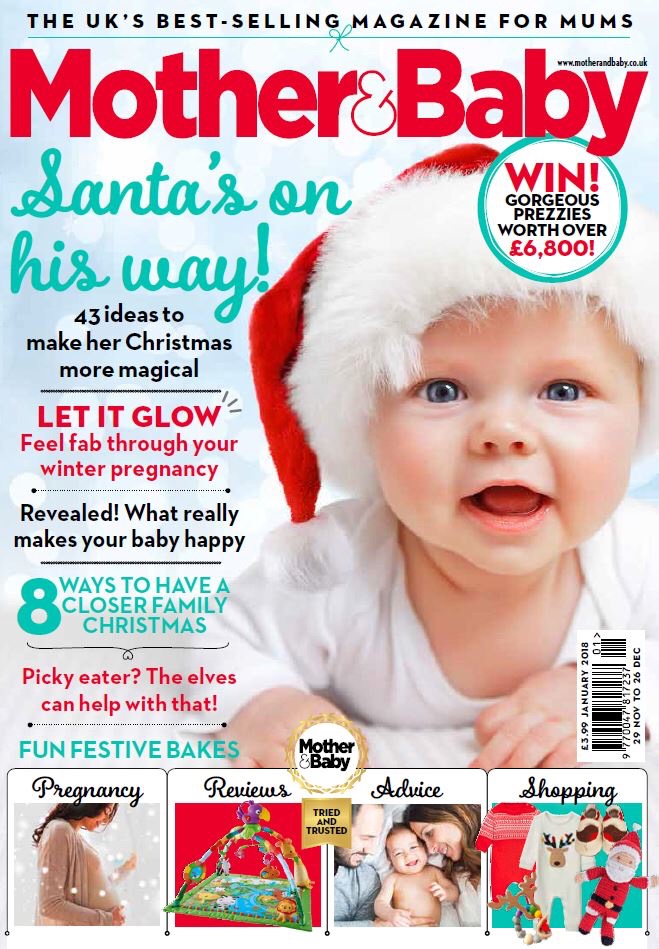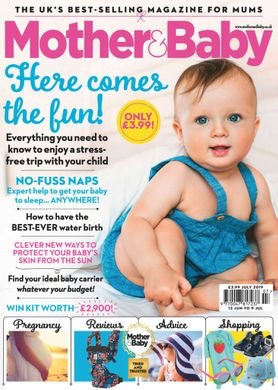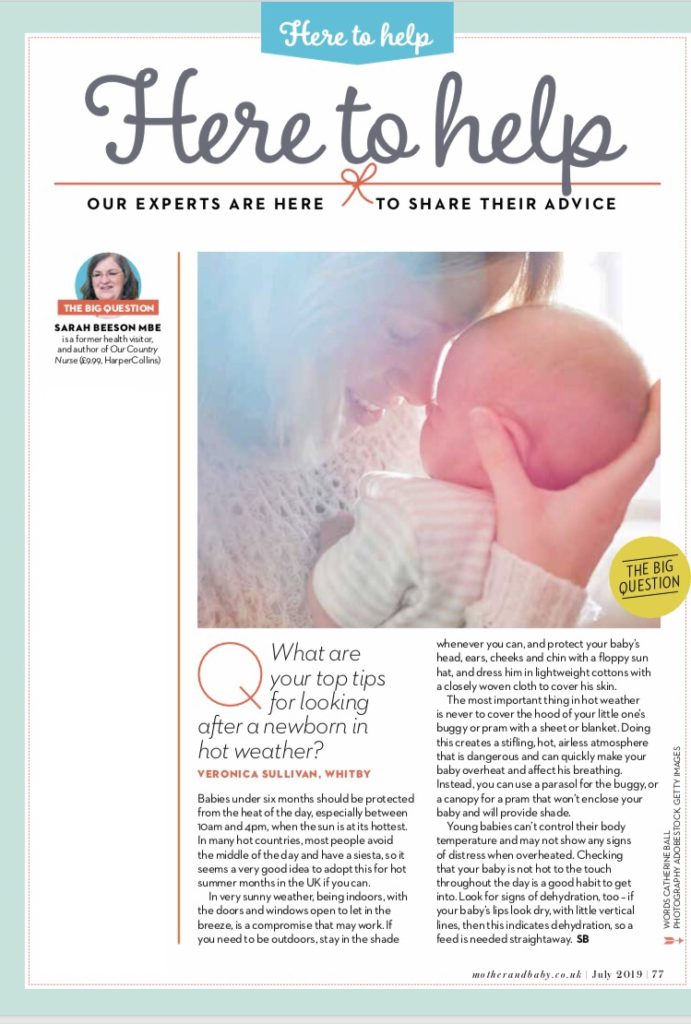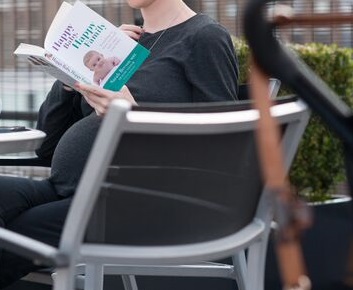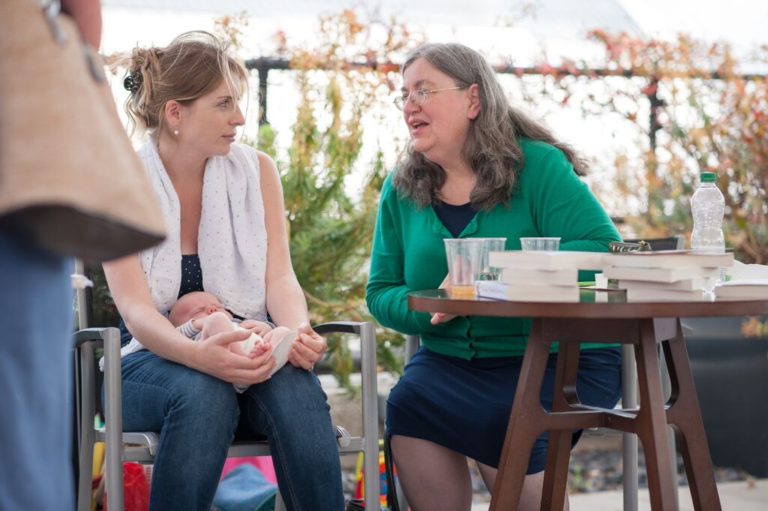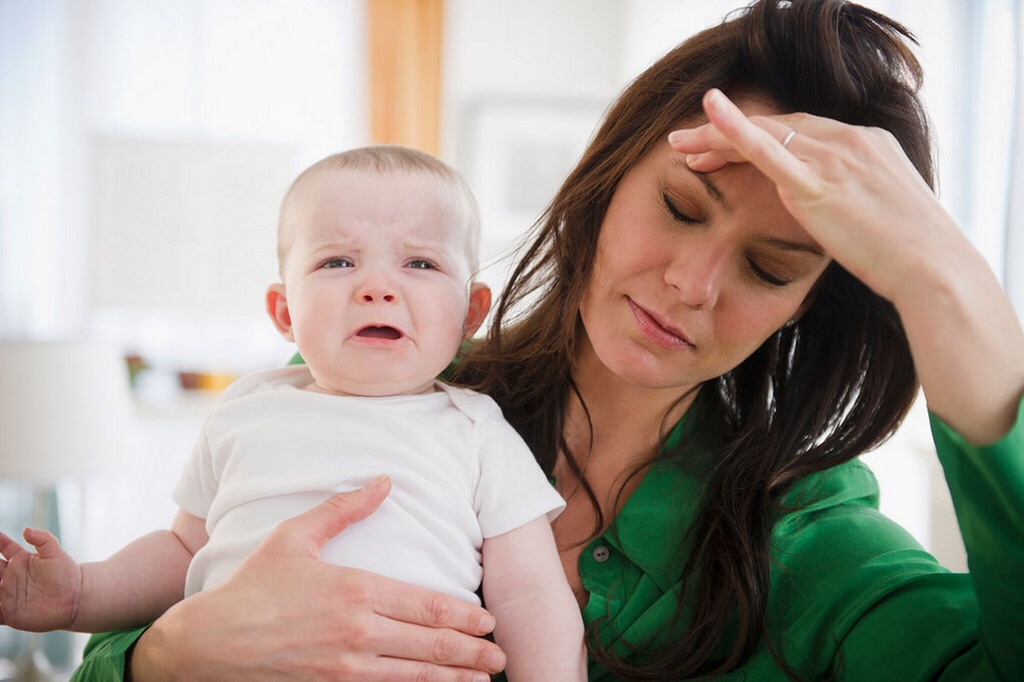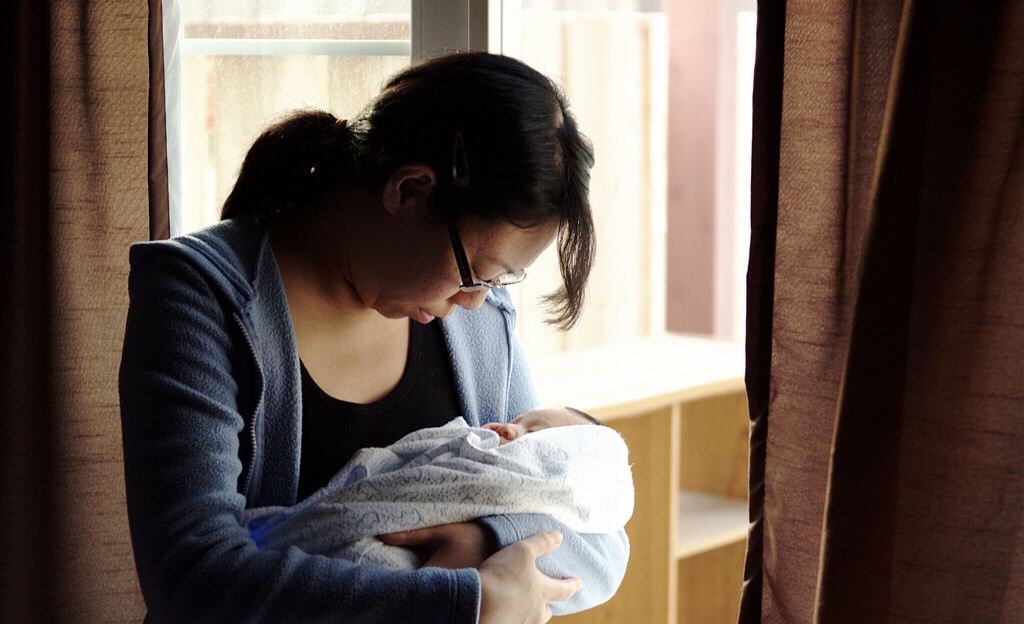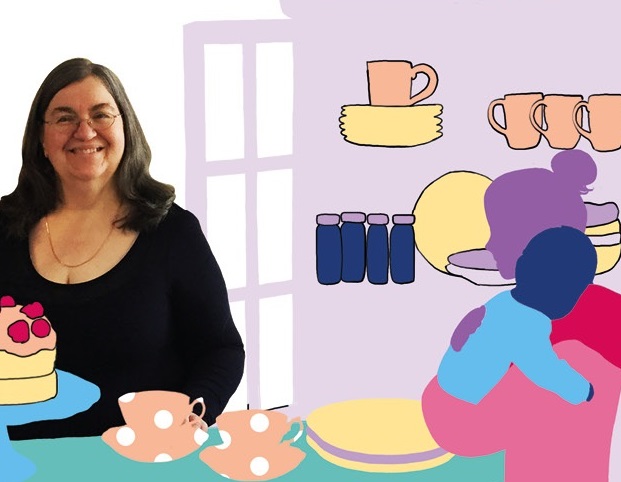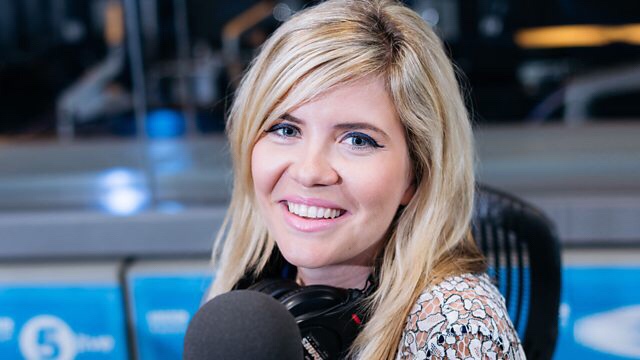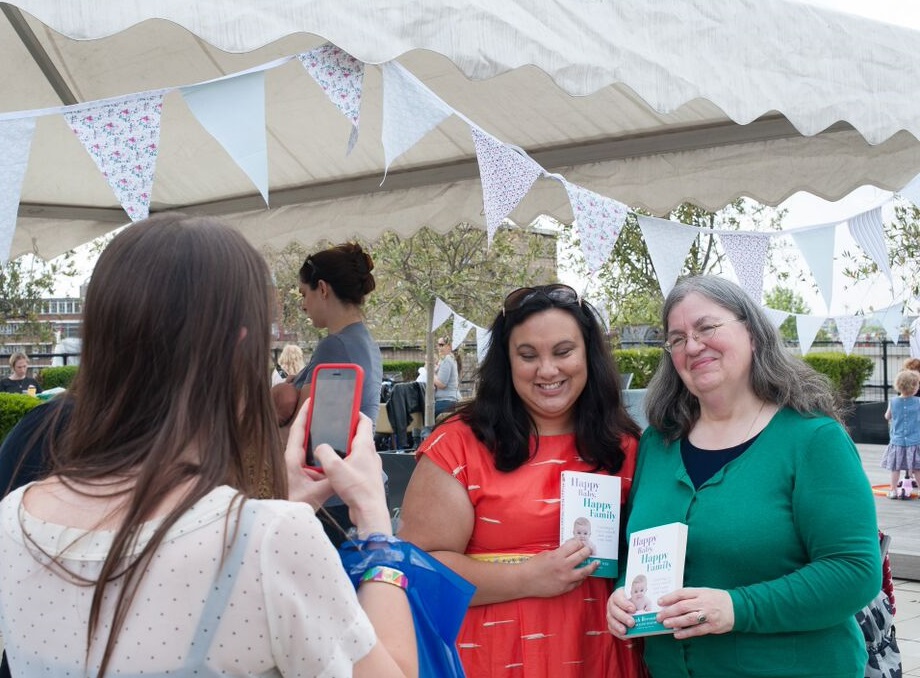Former health visitor and author of Happy Baby, Happy Family Sarah Beeson MBE answers real mum’s questions in Mother & Baby.
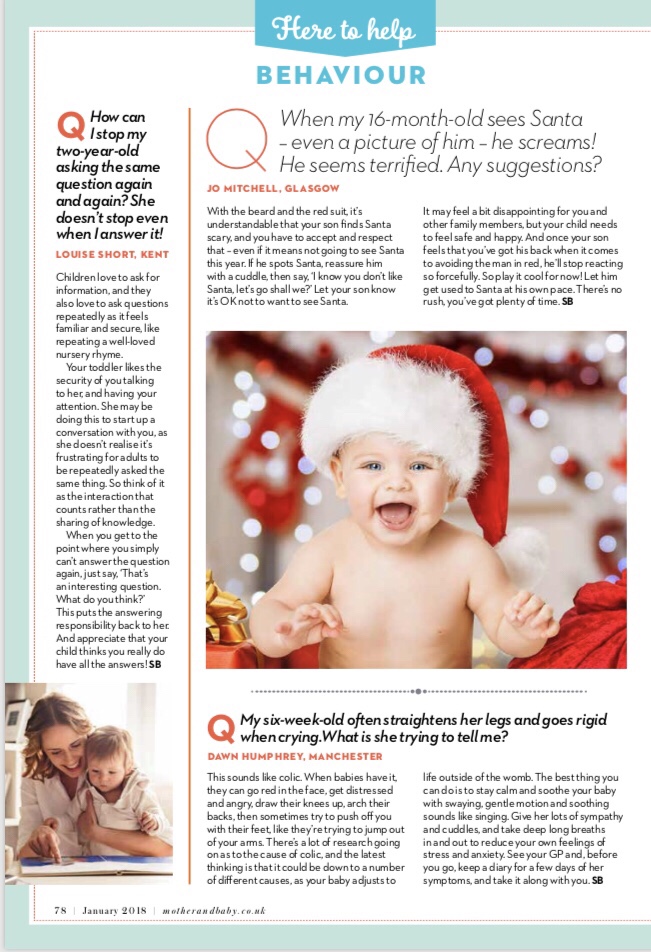
My 16-month-old screams when he sees Santa – even a picture of him! He seems genuinely terrified. Any suggestions?
I don’t like clowns and many adults and children have a wariness around them so being afraid of Santa is similar. The beard and the big red suit, it’s understandable that from his perspective Santa is scary and we have to accept and respect that.
By not forcing the issue you’re letting him know it’s OK not to want to see Santa. It may feel a bit disappointing for you and other members of the family but your child needs to feel safe and happy. Play it cool for now and avoid bringing it up.
It may be you can explore Christmas themes in books that don’t have Santa in. To help build up anticipation and excitement get him an Nativity Advent Calendar to open, dress the tree together and make biscuits or paper chains. There’s so much other fun to be had. You can still hang a stocking and put out a sack just don’t go into too much explanation.
Do Christmas your way and let him discover Santa in his own time and ensure he doesn’t get teased about it by other children or adults. There’s no rush, you’ve got plenty of time.
Sarah Beeson’s MBE is a former health visitor and author of parenting guide Happy Baby, Happy Family and health visiting memoir Our Country Nurse published by HarperCollins available in paperback, eBook and audiobook.

